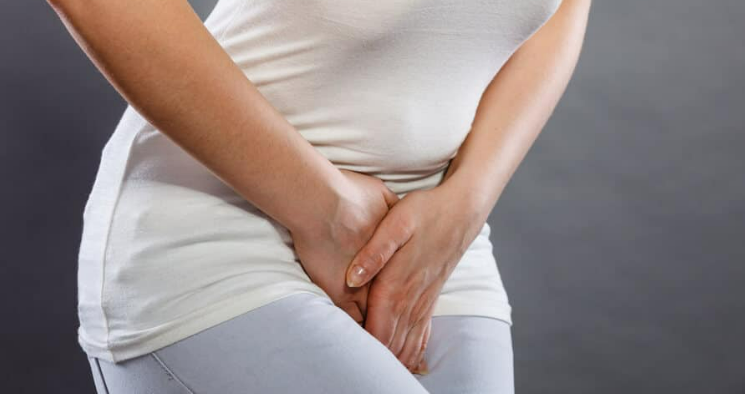Vaginal Swelling: Causes, Symptoms, and Treatment
Introduction
Vaginal swelling is a common issue that many women experience at some point in their lives. It refers to the swelling of the vaginal area or surrounding tissues, which can cause discomfort, pain, or irritation. While it can be caused by something as simple as friction or an allergic reaction, it may also indicate underlying infections or health issues. Understanding the possible causes, symptoms, and treatments is essential for managing the condition effectively.
Common Causes of Vaginal Swelling
- Infections
- Yeast Infection (Candidiasis): Overgrowth of yeast can lead to swelling, itching, and discharge.
- Bacterial Vaginosis (BV): Caused by an imbalance in vaginal bacteria, BV can result in swelling, itching, and an unusual odor.
- Sexually Transmitted Infections (STIs): Conditions like herpes, gonorrhea, or chlamydia may cause swelling, sores, and discomfort.
- Allergic Reactions and Irritants
- Soaps, Detergents, or Perfumes: Certain hygiene products can irritate the sensitive vaginal tissues.
- Latex Allergies: Allergic reactions to latex condoms may lead to swelling and irritation.
- Tight Clothing: Wearing tight pants or underwear can cause friction and swelling.
- Hormonal Changes
- Menstruation and Pregnancy: Hormonal fluctuations can cause temporary swelling due to increased blood flow to the area.
- Menopause: Vaginal tissues can become thin and irritated, leading to swelling.
- Injury or Trauma
- Sexual Activity: Vigorous sex can cause temporary swelling or discomfort.
- Physical Trauma: Activities like cycling or horse riding may create friction, leading to irritation and swelling.
- Bartholin’s Cyst
- A blockage in the Bartholin’s glands, which are responsible for vaginal lubrication, can cause cyst formation, leading to swelling and pain.
Symptoms of Vaginal Swelling
- Swelling in the vaginal area or vulva
- Redness or inflammation
- Itching, burning, or pain
- Vaginal discharge (depending on the cause)
- Discomfort during urination or sexual intercourse
- Presence of sores, bumps, or cysts
When to See a Doctor
While mild swelling often resolves on its own, medical attention is necessary if:
- The swelling persists for more than a few days.
- There is severe pain or discomfort.
- You experience unusual discharge with a foul odor.
- There are sores, blisters, or open wounds.
- You have a fever or other signs of infection.
Treatment Options
- Home Remedies
- Cold Compress: Applying a cold compress can help reduce swelling and relieve discomfort.
- Warm Sitz Bath: Soaking the affected area in warm water can provide relief, especially for Bartholin’s cysts or mild irritation.
- Avoid Irritants: Switch to unscented and gentle hygiene products to prevent further irritation.
- Medications
- Antifungal Creams or Pills: Used for treating yeast infections.
- Antibiotics: Prescribed for bacterial infections or STIs.
- Antihistamines: Help manage allergic reactions.
- Pain Relievers: Over-the-counter medications like ibuprofen can relieve pain and inflammation.
- Lifestyle Changes
- Wear breathable, cotton underwear.
- Avoid tight clothing to reduce friction.
- Practice good hygiene, especially during menstruation and after sexual activity.
Prevention Tips
- Maintain proper hygiene by regularly washing the genital area with mild soap and water.
- Avoid douching, as it can disrupt the natural balance of vaginal flora.
- Use protection during sexual intercourse to prevent STIs.
- Stay hydrated and follow a healthy diet to support immune function.
- Manage stress, as it can affect your hormonal balance and overall health.
Conclusion
Vaginal swelling can result from a variety of causes, ranging from mild irritation to infections and more serious health conditions. While many cases can be managed with simple home remedies and over-the-counter treatments, some require medical attention. Maintaining good hygiene, avoiding irritants, and addressing infections early can help prevent and manage vaginal swelling effectively. If symptoms persist or worsen, consulting a healthcare professional is essential for proper diagnosis and treatment.


